A different approach is needed to the control of bovine TB in NI, DAERA chief veterinary officer Robert Huey told MLAs during the first sitting of the agriculture, environment and rural affairs committee at Stormont last week.
“Seven per cent of herds currently broken down with TB in NI is not acceptable to anyone; we have to do something different,” he said.
Huey said that the upcoming report by the TB strategic partnership group (TBSPG) would allow the department to “do something radical” regarding the control of TB.
The original January deadline for the publication of the report has been extended at the request of TBSPG chairman Sean Hogan. Huey told MLAs last week that it was almost completed and is currently going through an economic assessment. “There will be an implementation plan when the report is published, hopefully this autumn,” he said.
Global shortage
Most recent TB incidence figures from DAERA show that herd incidence (new breakdown herds as a percentage of all those that tested) over the previous 12 months from February was 6.87%. In the 2015 calendar year, annual herd incidence was 7.15%, up from 6.03% the year before and the second-highest annual level since 2005, when it was 7.22%.
Huey told MLAs that he had empathy for farmers with bovine TB in their herds. “I am concerned that we are spending £30 million on something that would be better spent on agriculture in NI,” he added.
Huey also confirmed that the third year of the Test and Vaccinate or Remove (TVR) research project will commence later this month in the 100km2 high TB incidence area between Banbridge and Rathfriland. The future of the project had been in doubt due to a global shortage of BCG vaccine used for vaccinating badgers in the project.
He said that he recognised there was frustration that the results from the first two years of the project could not be published and added that only two scientists on the TBSPG had access to them.
“We have to maintain the integrity of this as a piece of research. If results are published halfway through, it could influence the further years of the programme,” he said.
Read more
Struggling with TB in Wicklow
A different approach is needed to the control of bovine TB in NI, DAERA chief veterinary officer Robert Huey told MLAs during the first sitting of the agriculture, environment and rural affairs committee at Stormont last week.
“Seven per cent of herds currently broken down with TB in NI is not acceptable to anyone; we have to do something different,” he said.
Huey said that the upcoming report by the TB strategic partnership group (TBSPG) would allow the department to “do something radical” regarding the control of TB.
The original January deadline for the publication of the report has been extended at the request of TBSPG chairman Sean Hogan. Huey told MLAs last week that it was almost completed and is currently going through an economic assessment. “There will be an implementation plan when the report is published, hopefully this autumn,” he said.
Global shortage
Most recent TB incidence figures from DAERA show that herd incidence (new breakdown herds as a percentage of all those that tested) over the previous 12 months from February was 6.87%. In the 2015 calendar year, annual herd incidence was 7.15%, up from 6.03% the year before and the second-highest annual level since 2005, when it was 7.22%.
Huey told MLAs that he had empathy for farmers with bovine TB in their herds. “I am concerned that we are spending £30 million on something that would be better spent on agriculture in NI,” he added.
Huey also confirmed that the third year of the Test and Vaccinate or Remove (TVR) research project will commence later this month in the 100km2 high TB incidence area between Banbridge and Rathfriland. The future of the project had been in doubt due to a global shortage of BCG vaccine used for vaccinating badgers in the project.
He said that he recognised there was frustration that the results from the first two years of the project could not be published and added that only two scientists on the TBSPG had access to them.
“We have to maintain the integrity of this as a piece of research. If results are published halfway through, it could influence the further years of the programme,” he said.
Read more
Struggling with TB in Wicklow




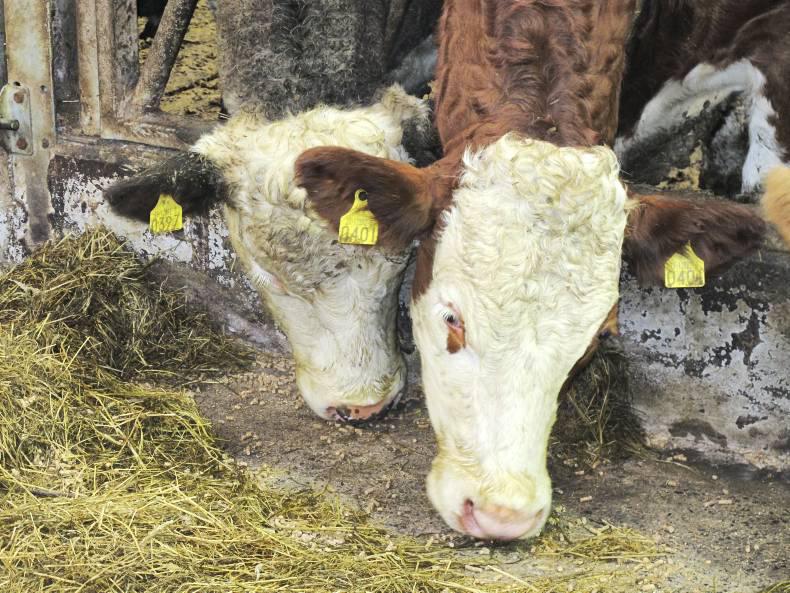
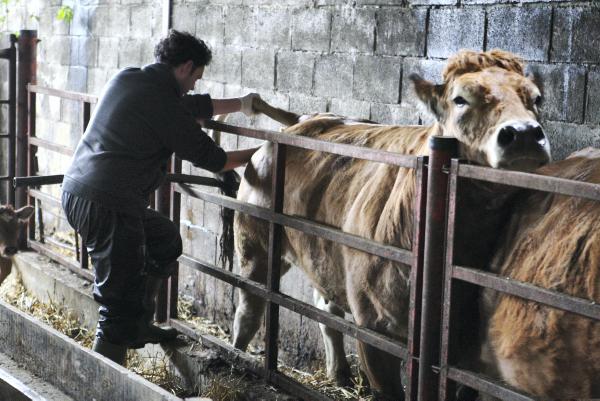

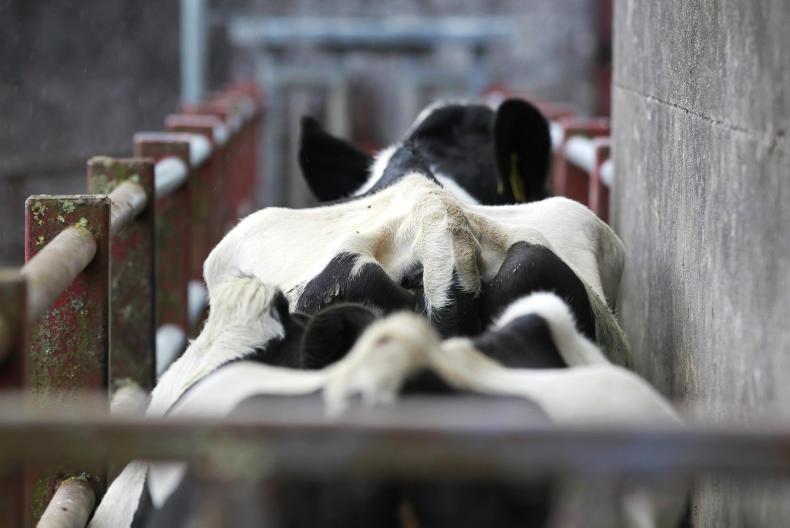
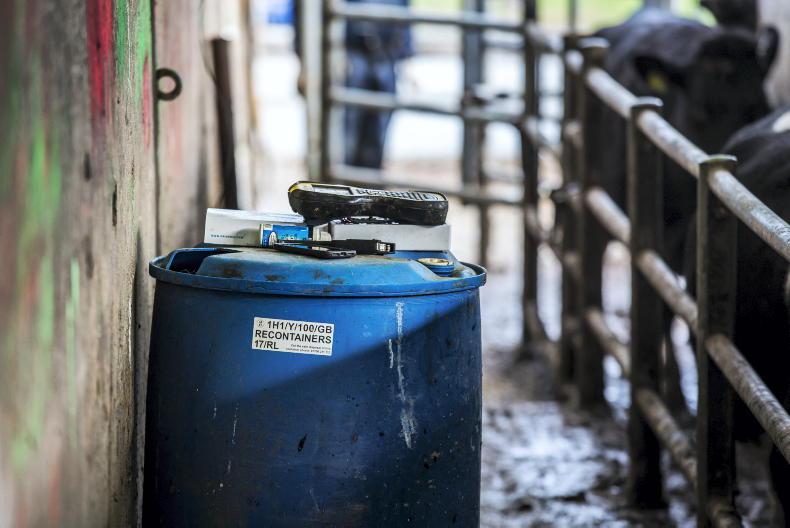
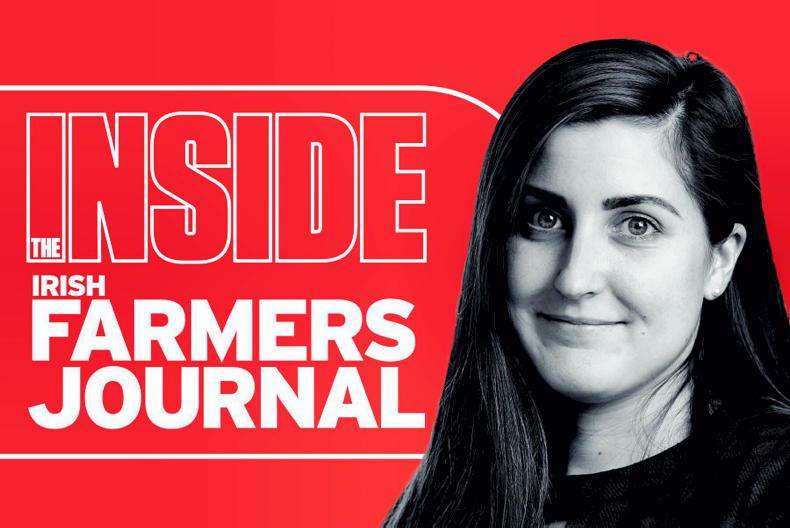
SHARING OPTIONS